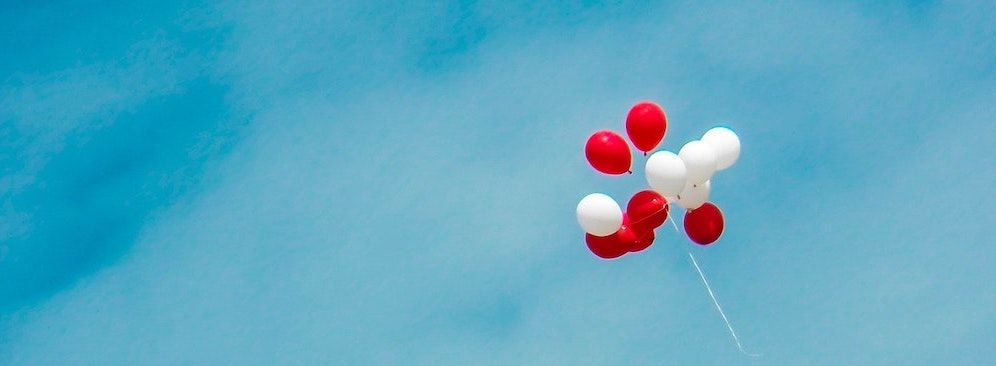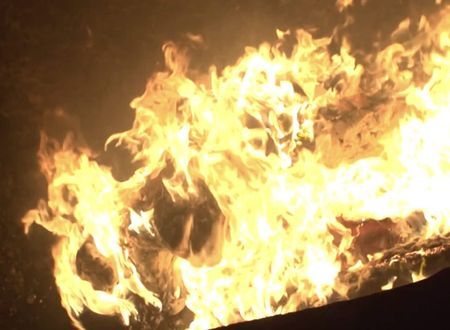Sometimes, a stranger or a stranger’s words can change you in ways unforeseen. The Lebanese-American poet, writer, artist Kahlil Gibran Kahlil, was such a person in my life. I never met Gibran except through his writings. Yet, he gave my life direction.
I must have been about 19 years old when I read The Prophet for the first time. Till date, I am not sure whether it was the situation at the time (I was living away from my family for the first time and was in my first job) or it was the power of his expression that moved me to tears. In the first reading, I did not fully appreciate the wisdom contained in the book. As the years passed and I re-read the book or portions of it, I came to develop a deeper understanding and appreciation of Gibran’s words. In fact, in my mind, I related The Prophet to the Bhagavad Gita. Ever since school days, one shloka of Bhagavad Gita had remained with me –
कर्मण्येवाधिकारस्ते मा फलेषु कदाचन ।*
मा कर्मफलहेतुर्भुर्मा ते संगोऽस्त्वकर्मणि ॥
Karmanye Vadhikaraste Ma Phaleshou Kada Chana
Ma Karma Phala Hetur Bhurmatey Sangostva Akarmani
You have a right to perform your prescribed duty, but you are not entitled to the fruits of action. Never consider yourself to be the cause of the results of your activities, and never be attached to not doing your duty. – Bhagavad Gita, Chapter II, Verse 47**
This to me, seemed the essence of The Prophet too. While I am yet to read the Bhagavad Gita fully, to my young mind the essence of Bhagavad Gita was detachment. Readings of The Prophet made me realise that true detachment can only arise out of true love. It is only when we are truly rooted in love, then can we put the other person or mission or thing or whatever it may be, above ourselves and think only of its benefit. When we can do that, we are naturally detached. This is what The Prophet spoke to me and somewhere set me on a quest to become a better person.
To me, Kahlil Gibran’s The Prophet is an expression of the ultimate love; a love that know no boundaries; is all-encompassing, everlasting and all accepting. The book showed me a destination that I want to, not just achieve, but a destination I want to live.
And for that, I shall always be grateful to Gibran.
—————————————–
References:
*https://www.hindibhajan.in/karmanye-vadhikaraste-shloka-lyrics/
**https://www.speakingtree.in/allslides/karmanye-vadhikaraste-ma-phaleshu-kada-chana
Photo Credit – Photo by Sirirak Boonruangjak: https://www.pexels.com/photo/white-and-red-balloons-907274/









Comments & Discussion
5 COMMENTS
Please login to read members' comments and participate in the discussion.